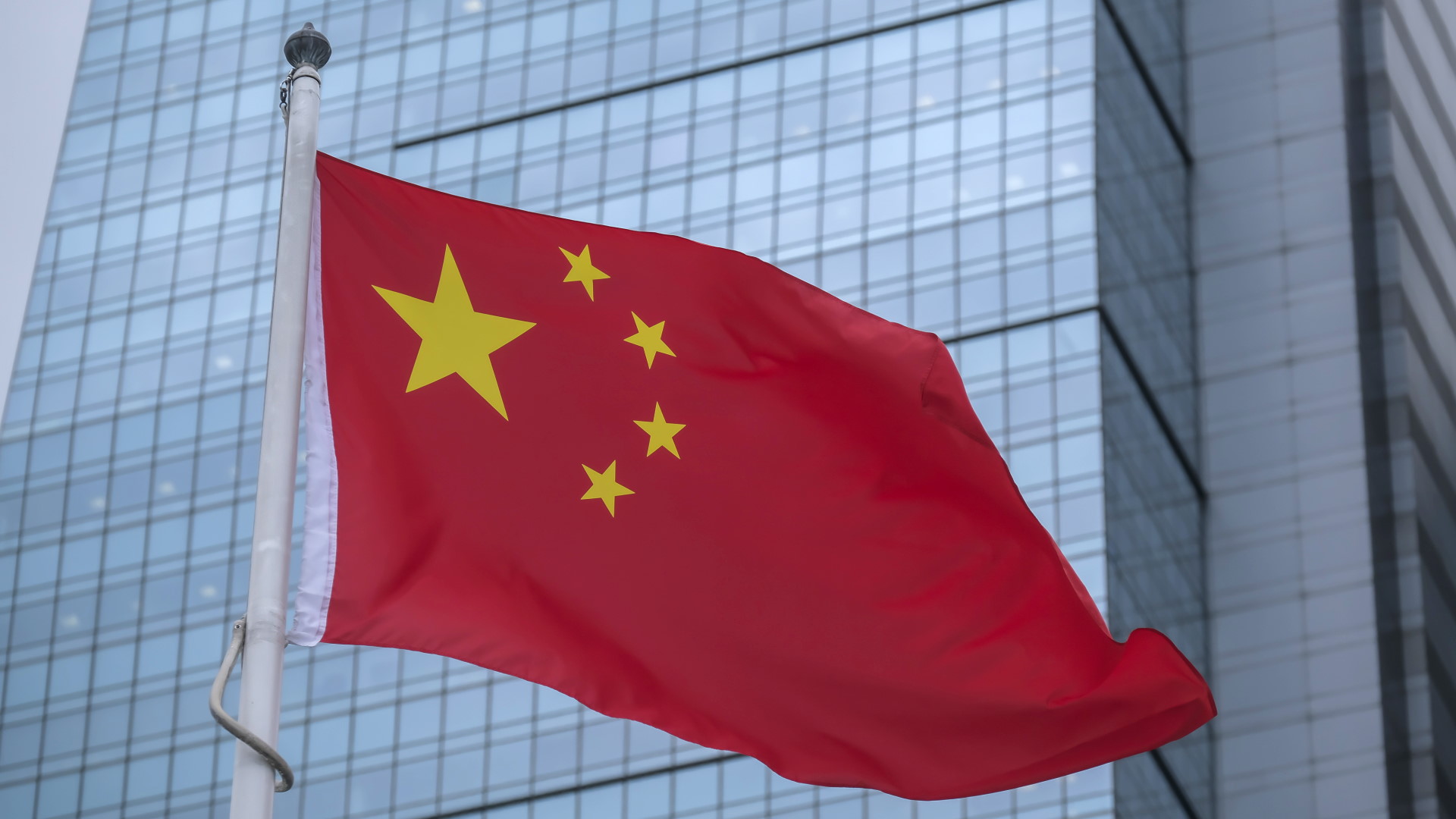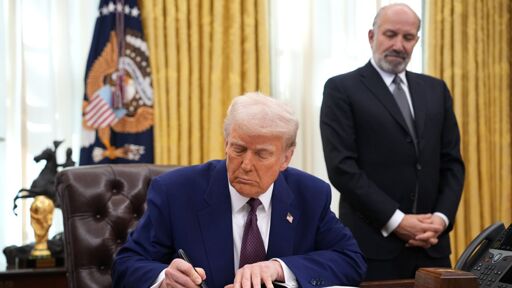US president Donald Trump announced a new 100% tariff on Chinese goods late last week, “over and above any tariff they are currently paying”, alongside new export controls on “any and all critical software”. The new restrictions come in the wake of rare earth export controls announced by the Chinese Ministry of Commerce earlier in the week, requiring foreign companies to obtain special government approval before exporting products containing the precious materials, or the rare earths themselves.
Trump made the announcement on his social media platform, Truth Social, on Friday. “It has just been learned that China has taken an extraordinarily aggressive position on trade in sending an extremely hostile letter to the world”, the US president said. “This affects all countries, without exception, and was obviously a plan devised by them years ago. It is absolutely unheard of in international trade, and a moral disgrace in dealing with other nations”
"Starting November 1st, 2025 (or sooner, depending on any further actions or changes taken by China), the United States of America will impose a tariff of 100% on China, over and above any tariff that they are currently paying. Also on November 1st, we will impose Export Controls on any and all critical software.
“It is impossible to believe that China would have taken such an action, but they have, and the rest is history.”
A spokesperson for the Chinese Commerce Ministry responded to Trump’s announcement, saying: “If the US persists in acting unilaterally, China will resolutely take corresponding measures to safeguard its legitimate rights and interests. Our position on a tariff war remains consistent—we do not want one, but we are not afraid of one.”

(Image credit: Bloomberg Creative - Getty Images)
China’s new rare earth restrictions seem to be in conflict with a trade deal made earlier this year, in which Trump claimed that Beijing agreed to resume exports of “any necessary rare earths” to the United States after previous tariff disputes. Rare earth materials are essential to the chip fabrication and electronics manufacturing process, and while the US has a relatively small supply of its own (provided by a single operational mine and processing facility in Mountain Pass, California), it relies on Chinese exports for the bulk of its supply.
Boosting the US semiconductor industry has been a very high priority for the Trump administration, as it seeks to bolster domestic production of chips to reduce its reliance on foreign manufacturers like TSMC. With US chip manufacturers reliant on China’s rare earth supply, these restrictions seem like a new blow towards those goals, and the latest in a series of back-and-forth trade moves between the two nations.
And as for the new 100% tariff on Chinese goods to the US? Well, tariffs have been doled out by the US government to a variety of countries since the start of the year, and have occasionally been modified based on new agreements. Whether this latest one sticks in its current form is anyone’s guess, but Trump has shown signs that there is room for negotiation. “Don’t worry China, it will all be fine,” the US president posted on Sunday:
“Highly respected President Xi just had a bad moment. He doesn’t want depression for his country, and neither do I. The USA wants to help China, not hurt it.”
From PCGamer latest via this RSS feed


